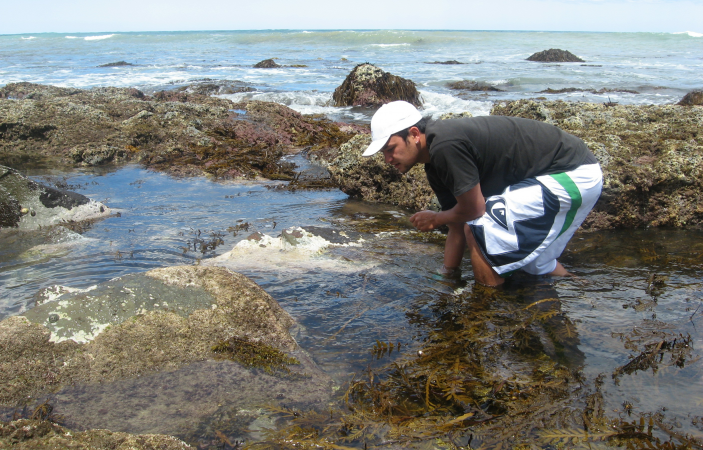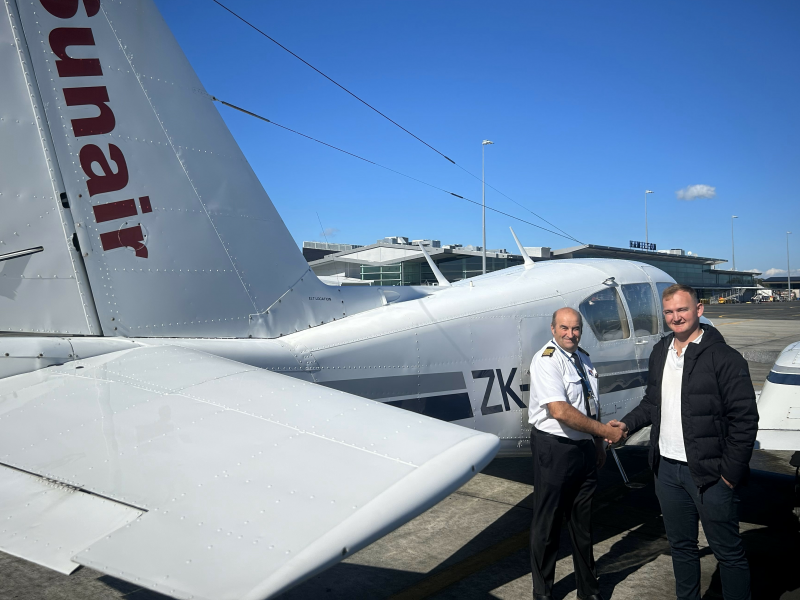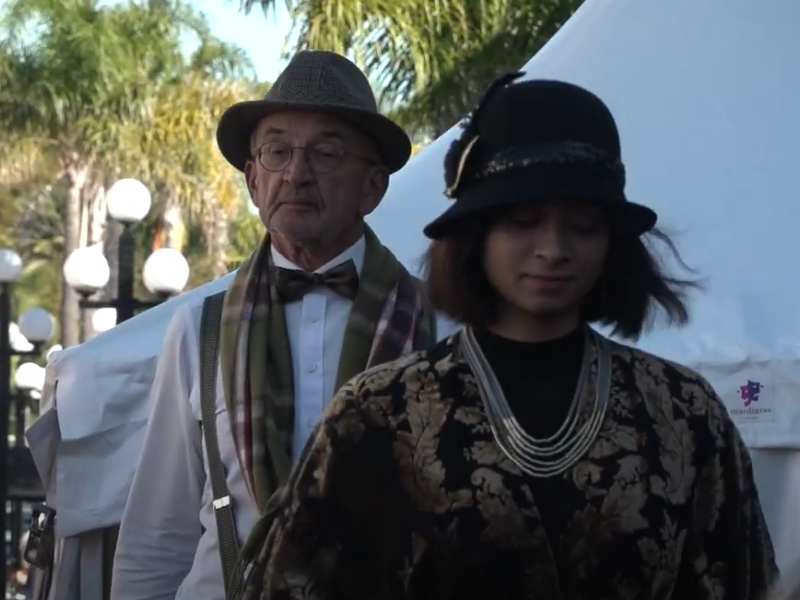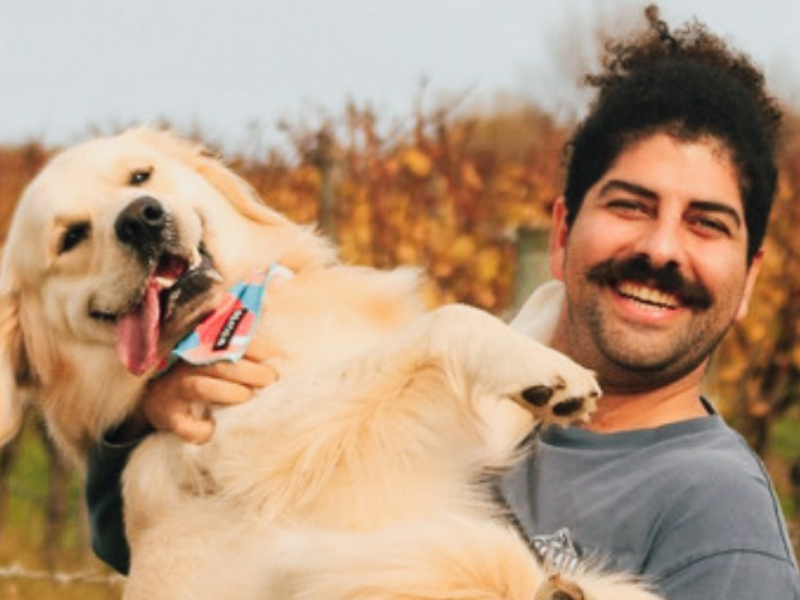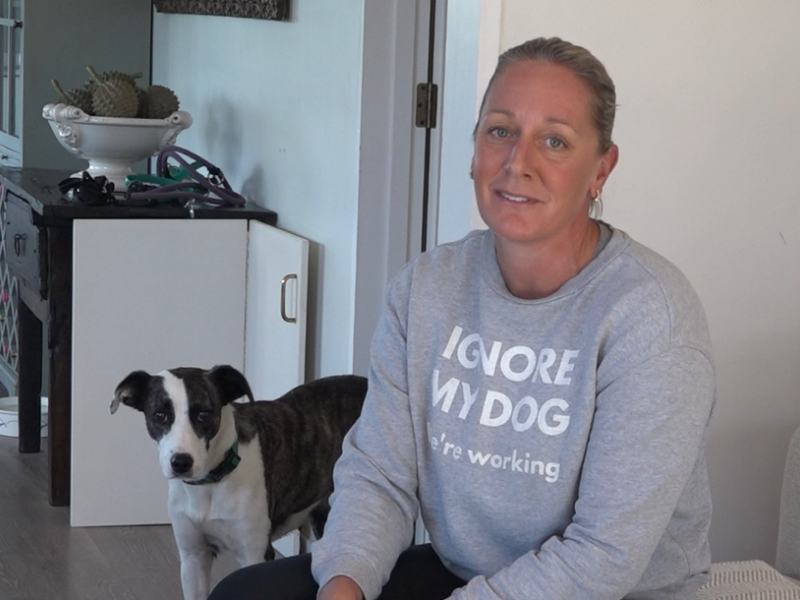Rāhui on pāua at Parimahu, Pōrangahau
A customary rāhui prohibiting any take of blackfoot pāua has been put in place over the Parimahu reef area in Central Hawke’s Bay.
The customary rāhui will start immediately below Te Angiangi Marine Reserve and will go to the south side of Parimahu reef to the outlet of Waikaraka Stream. The rāhui area, like the Te Angiangi Marine Reserve, will extend out to one nautical mile.
It comes after discussions between Ngāti Kere Tangata Kaitiaki and Te Taiāpure o Pōrangahau around sustainability of in-shore fisheries at Parimahu. This led to a lively hui at the Pōrangahau Hall on 1 December 2022 where the issue of a customary rāhui was discussed.
“Ordinary people have trouble in gathering kaimona now,” says Jim Hutcheson, chair of the Ngāti Kere Tangata Kaitiaki group.
“It takes a special kind of diver now, with long fins and all the gear to get pāua.”
The Taiāpure chairman, Alastair Ormond says: “We were in contact with the Ministry of Primary Industries (MPI) in February this year about a rāhui. I’m a lifelong fisherman and I’m completely in support of this. At that time we envisaged that it would be enforced before summer.”
Anthony Tipene Matua, chair of the Rongomareroa Marae Trustee says: “Ngāti Kahungunu peoples are widely renowned for seafood - especially pāua. Our marae prides itself on kaimoana on the hākari tables and that is getting very much harder to do these days.”
For Ngāti Kere Hapū Authority Chair David Tipene-Leach the customary rāhui is not a controversial move.
“It’s common sense. Look at Waimārama, Taranaki, Marsden Bank and Waiheke - rāhui like this are now nationwide. Māori are beginning processes that whole communities are getting behind to preserve the resource for up-coming generations,” he says.
The Ngāti Kere Tangata Kaitiaki, the Taiāpure o Pōrangahau are committed to keeping local people in the know and will investigate progressing of a Section 186a Temporary Closure order with MPI early next year.
Their two chairs agree that “the present project to establish a presence on the coast with Department of Conservation (DoC) trained voluntary rangers is essential to development of good behaviour and respect for the tikanga of coastal regions which is neglected by the scores of divers who show up from across the country”.

